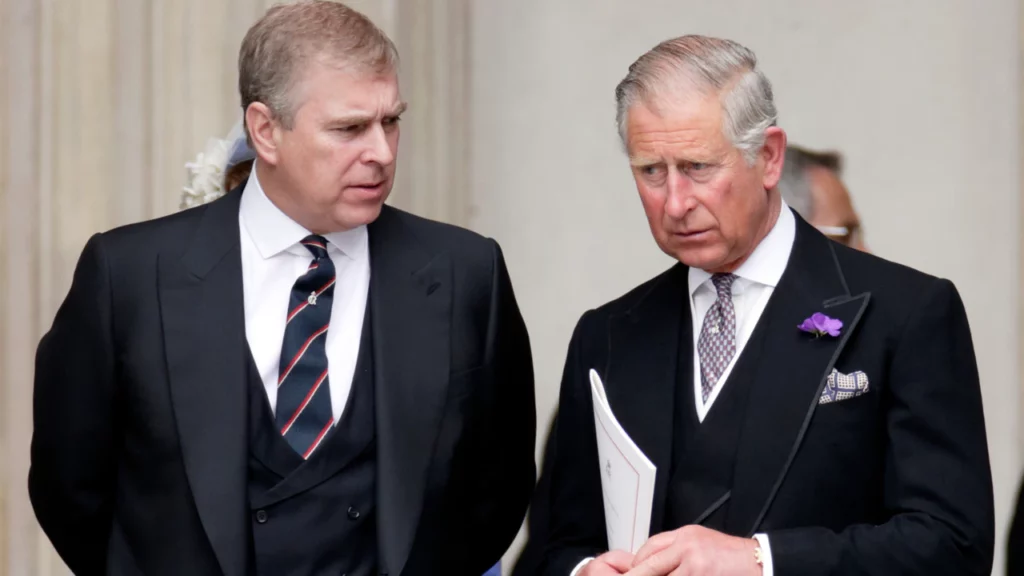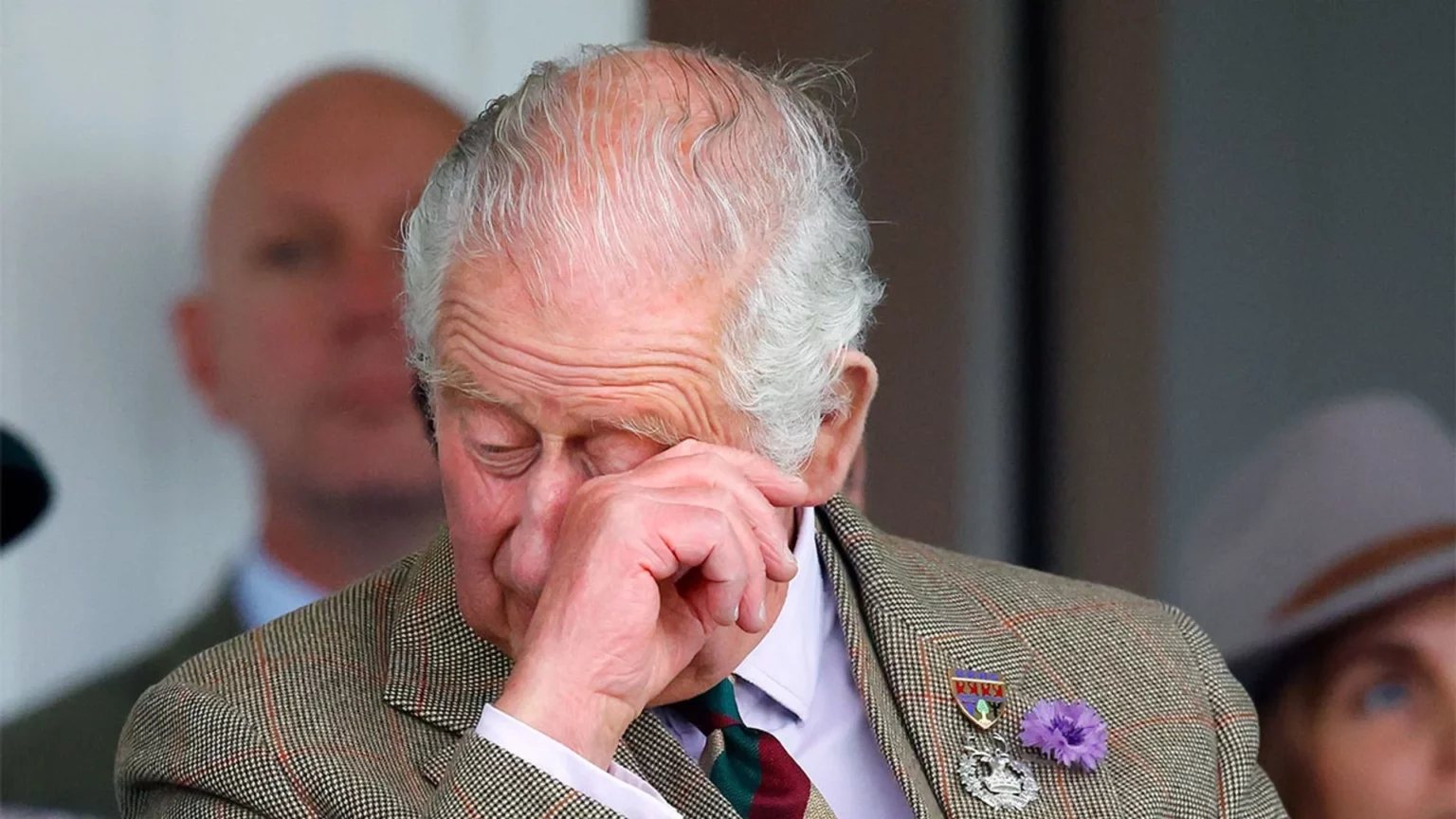In a recent revelation by royal expert and biographer Omid Scobie, it has been suggested that Britain’s King Charles found himself in a state of emotional distress, expressing deep concern for the mental well-being of his younger brother, Prince Andrew. Scobie delves into these insights in his forthcoming book, “Endgame,” set to be released next week, where he claims that “King Charles was in tears due to his apprehension for Andrew’s mental health.”
The dynamics within the royal family come under scrutiny as Scobie sheds light on the contrasting leadership styles of King Charles and his eldest son, Prince William. According to the royal expert, “Charles leads with his head and his heart. William is colder,” emphasizing Prince William’s pragmatic approach to accomplishing tasks, even if it involves some casualties along the way.

A particularly intriguing claim from Scobie suggests that Prince William played a pivotal role in convincing the late Queen Elizabeth II to take disciplinary action against her “favourite son,” Prince Andrew. This revelation adds a layer of complexity to the familial relationships within the royal household.
These revelations surface at a time when Prince Andrew and his former wife, Sarah Ferguson, are reported to have reached a “settlement” in the aftermath of their involvement in a High Court dispute related to a wealthy Turkish woman and a businessman. The details of this settlement and its implications remain shrouded in mystery, adding to the ongoing saga surrounding the Duke of York.
As the public awaits the release of “Endgame,” it is evident that the intricate dynamics within the royal family continue to captivate the public’s attention. The emotional distress of King Charles and the reported influence of Prince William underscore the complexities that exist behind the palace walls, providing a glimpse into a world often shielded from public view.




